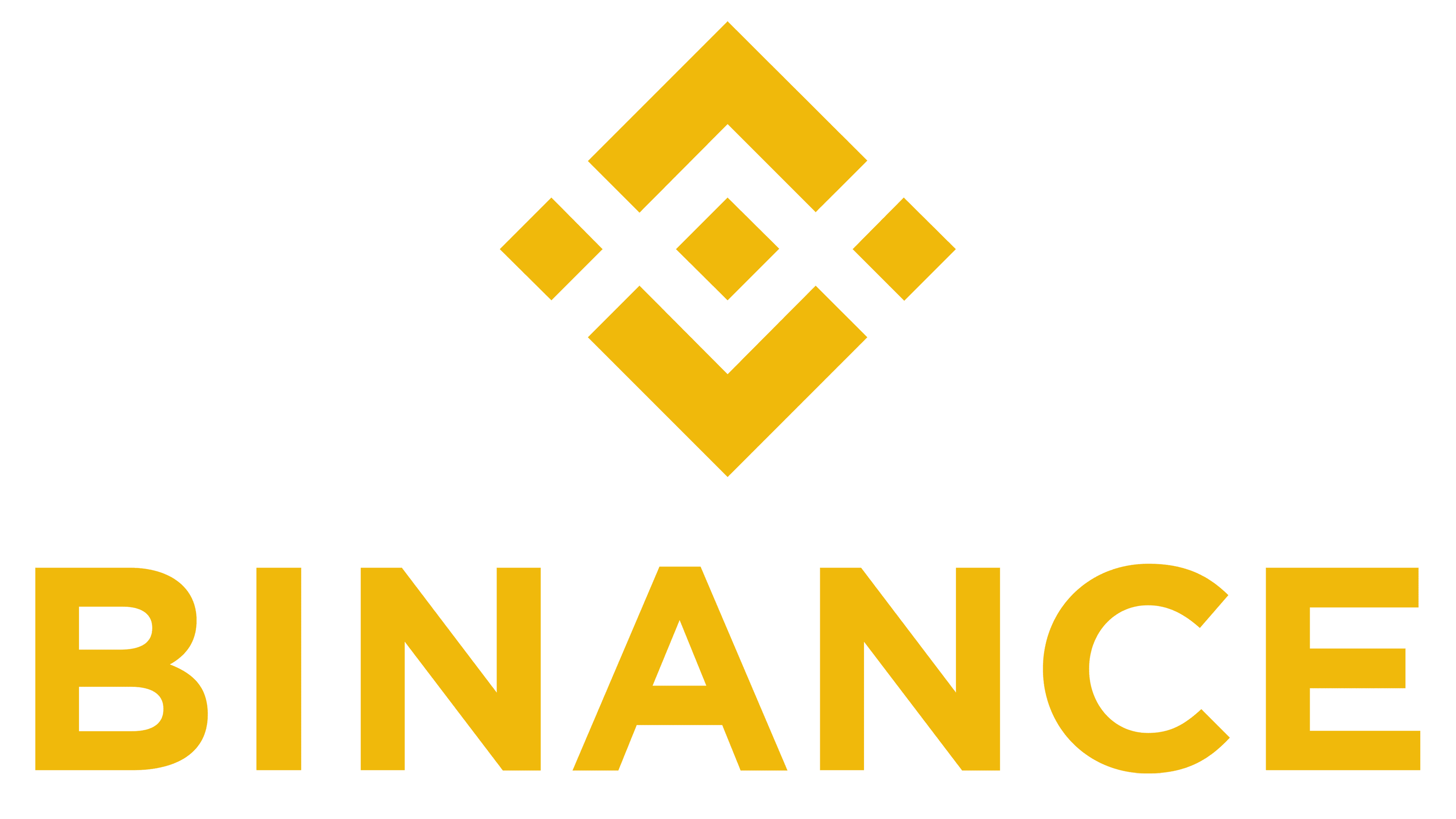The world’s largest cryptocurrency exchange Binance has entered into an agreement with the US Securities and Exchange Commission (SEC) to make sure that US customer assets remain in the country.
The SEC earlier this month launched a lawsuit against Binance and its CEO and founder Changpeng ‘CZ’ Zhao. It alleges that the company artificially inflated its trading volumes, diverted customer funds, failed to restrict US customers from its platform and misled investors on its market surveillance controls.
The agreement, struck on Friday, still requires the approval of the federal judge overseeing the case. It will only allow the employees of Binance.US, the company’s US business, to access assets in the country.
The agreement does nor resolve the SEC lawsuit, but will see Binance.US take steps to ensure that no Binance Holdings officials have access to private keys for its various wallets, hardware wallets or root access to Binance.US's Amazon Web Services tools. Under additional provisions in the proposed agreement, Binance.US will create new crypto wallets which its global exchange employees have no access to, while also providing additional information to the SEC.
In a statement published Saturday, Gurbir S. Grewal, director of the SEC’s division of enforcement, said: “Given that Changpeng Zhao and Binance have control of the platforms’ customers’ assets and have been able to commingle customer assets or divert customer assets as they please, as we have alleged, these prohibitions are essential to protecting investor assets.
“Further, we ensured that US customers will be able to withdraw their assets from the platform while we work to resolve the alleged underlying misconduct and hold Zhao and the Binance entities accountable for their alleged securities law violations.”
A spokesperson for Binance added: "Although we maintain that the SEC's request for emergency relief was entirely unwarranted, we are pleased that the disagreement over this request was resolved on mutually acceptable terms. User funds have been and always will be safe and secure on all Binance-affiliated platforms."
Elsewhere, Binance has issued a cease and desist order to Binance Nigeria Limited, a company which CZ called a "scammer entity" in a tweet on Sunday. The company had previously confirmed to multiple outlets that it has no association with Binance Nigeria Limited.
Regulators in Nigeria earlier this month ordered the business to stop operating, and argued that it courted investors through an unregistered and unregulated website.
Latest News
-
Gemini to cut quarter of workforce and exit UK, EU and Australia as crypto slump forces retrenchment
-
Bank ABC’s mobile-only ila bank migrates to core banking platform
-
Visa launches platform to accelerate small business growth in US
-
NatWest to expand Accelerator programme to 50,000 members in 2026
-
BBVA joins European stablecoin coalition
-
eToro partners with Amundi to launch equity portfolio with exposure to ‘megatrends’
Creating value together: Strategic partnerships in the age of GCCs
As Global Capability Centres reshape the financial services landscape, one question stands out: how do leading banks balance in-house innovation with strategic partnerships to drive real transformation?
Data trust in the AI era: Building customer confidence through responsible banking
In the second episode of FStech’s three-part video podcast series sponsored by HCLTech, Sudip Lahiri, Executive Vice President & Head of Financial Services for Europe & UKI at HCLTech examines the critical relationship between data trust, transparency, and responsible AI implementation in financial services.
Banking's GenAI evolution: Beyond the hype, building the future
In the first episode of a three-part video podcast series sponsored by HCLTech, Sudip Lahiri, Executive Vice President & Head of Financial Services for Europe & UKI at HCLTech explores how financial institutions can navigate the transformative potential of Generative AI while building lasting foundations for innovation.
Beyond compliance: Building unshakeable operational resilience in financial services
In today's rapidly evolving financial landscape, operational resilience has become a critical focus for institutions worldwide. As regulatory requirements grow more complex and cyber threats, particularly ransomware, become increasingly sophisticated, financial services providers must adapt and strengthen their defences. The intersection of compliance, technology, and security presents both challenges and opportunities.
© 2019 Perspective Publishing Privacy & Cookies













Recent Stories